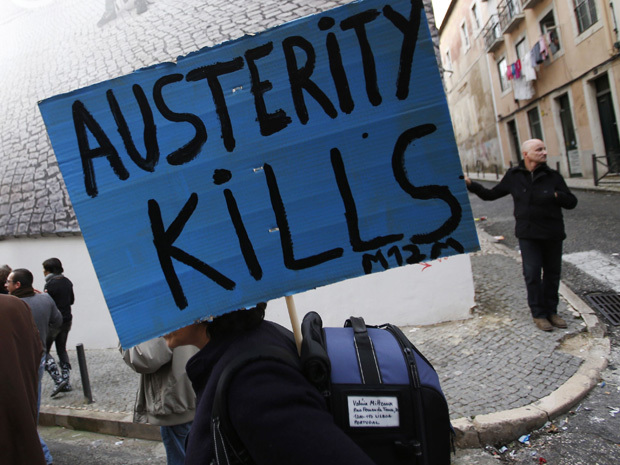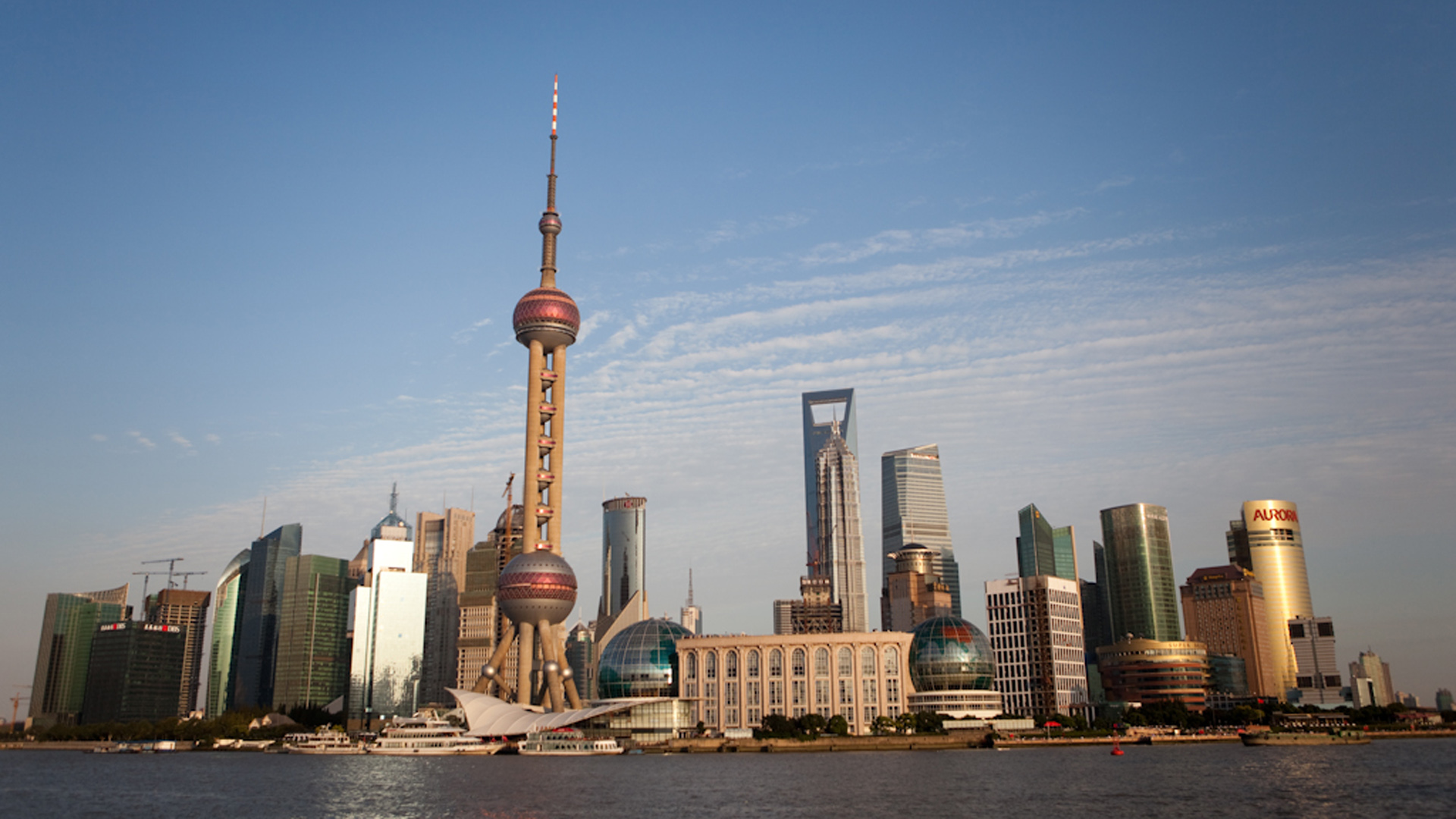On 1 September 2013, Brazilian diplomat Roberto Avezedo took over as Director-General of the World Trade Organization (WTO), the international body responsible for, among other activities, the negotiation of multilateral trade agreements (MTAs) and the resolution of trade disputes. Avazedo’s appointment comes at a time of turbulence for the WTO. The organization’s relevance and general strategy for trade negotiation have come under increasing fire since Doha talks collapsed in 2008. In particular, the WTO was unable to assuage fears of import surges held by developing countries. Five years later, it is clear that Avezedo will have to hit the ground running if he hopes to restore confidence in the WTO and the MTA system of trade negotiation.
In his first address as Director-General, Avezedo recognized the toxic effects that years of impasse have had on the WTO’s credibility, stating that, “the perception in the world is that we have forgotten how to negotiate. The perception is ineffectiveness. The perception is paralysis.”
[captionpix align=”right” theme=”elegant” width=”300″ imgsrc=”http://natoassociation.ca/wp-content/uploads/2013/09/Azevedo.jpg” captiontext=”Brazilian diplomat Roberto Avezedo took the helm of the World Trade Organization on September 1st, 2013.”]
The WTO’s degrading international reputation is one factor that has led governments to focus most of their trade-building attention on regional or bilateral agreements, rather than reviving MTA talks like Doha. Such regional agreements include the Comprehensive Economic Trade Agreement (CETA) currently in negotiation between Canada and the EU, the free trade agreement currently in negotiation between the United States and the EU, and the Trans-Pacific-Partnership (TPP) currently in negotiation between the United States, Canada, and 10 other nations in the Asia-Pacific region.
In response to these negative perceptions and trends in trade negotiation, Avezedo announced an aggressive plan to rescue stalled MTA negotiations through a ministerial meeting this December, in Bali. The WTO hopes that by focusing on and delivering agreements on a handful of issues, Bali may restore international confidence in the WTO’s MTA negotiation framework and goals. Doing so is, in the eyes of many, incredibly important, as successfully concluded MTAs hold advantages over more limited agreements.
If regional and limited agreements like the TPP replace WTO-facilitated MTAs as the norm in global trade, some analysts fear it will lead to the development of rival trade blocs, rather than generalized growth of trade cooperation. The TPP, for example, counts the United States as a prominent backer, and does not include China. In turn, China has recently sponsored a Regional Comprehensive Economic Partnership (RCEP), comprising a number of nations spurned in the formulation of the TPP.
To be sure, regional and limited agreements represent steps towards the expansion of international trade and have significant potential to generate economic growth within member nations. Some argue further that global free trade may be the eventual product of trade talks between regional blocs.
They are not, however, perfect substitutes for concluded MTAs. Supporters of the WTO’s broad framework have stated that, while useful, regional and limited agreements fail to address the “fundamental challenges of protectionism”. In layman’s terms, they fail to resolve the insider-outsider attitude that often characterizes trade, or the inconsistent regulatory standards among trading groups that in turn impede mutually beneficial trade between them.
While previous MTAs such as the General Agreement on Tariffs and Trade (GATT) and the WTO’s Uruguay round of negotiations achieved concrete results for free trade, Doha’s success was thwarted by structure and subject matter. Issues considered at Doha were, in general, more politically contentious than those resolved in earlier rounds of MTA negotiation. Furthermore, Doha round negotiations were structured as a “single undertaking”. Agreements could not be concluded and implemented in any one sector until all issues on the table were satisfactorily resolved. As a result, ten years of negotiations were held hostage and collapsed in 2008 over what outwardly appeared to be a single issue.
Proponents of the MTA framework have suggested “less ambition, more achievement”, to salvage what can be salvaged from the incomplete Doha talks. To this end, WTO leadership has set a limited agenda of realistic issues to be concluded at Bali. These include deliverable agreements in trade facilitation across borders, special and differential treatment for developing nations, and agriculture.
A limited agenda such as this is a good idea. The longer it takes for the WTO’s multilateral system to offer concrete agreements, the more attractive regional and limited agreements become to governments who would rather not be encumbered by a more inclusive process.
Despite critics who question the World Trade Organization’s impartiality, the express mission of the WTO and its MTA framework has always been to promote prosperity writ large through the facilitation of free trade. Regional trade agreements, by contrast, are frequently criticized as geopolitically motivated and exclusionary.
While success at Bali could lead to a revitalization of the WTO’s relevance and framework, a failure to deliver results may mark an exhaustion of will for its salvaging, and a death knell for broad MTA agreements as the preferred path to free trade. As such, if the world’s leaders wish for trade to continue being developed in a broader context, they should do all they can to keep a multilateral framework alive, and deliver results at Bali.




